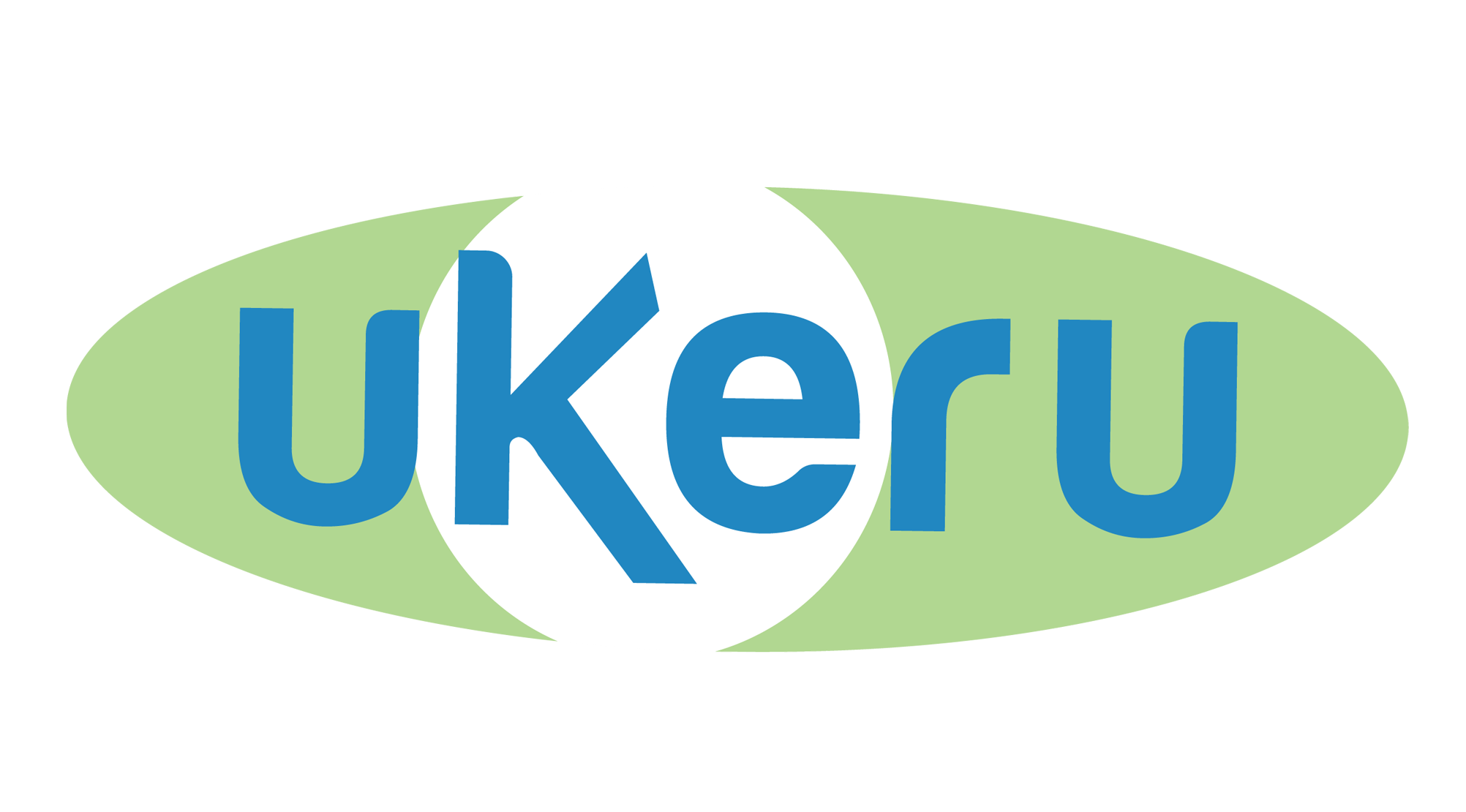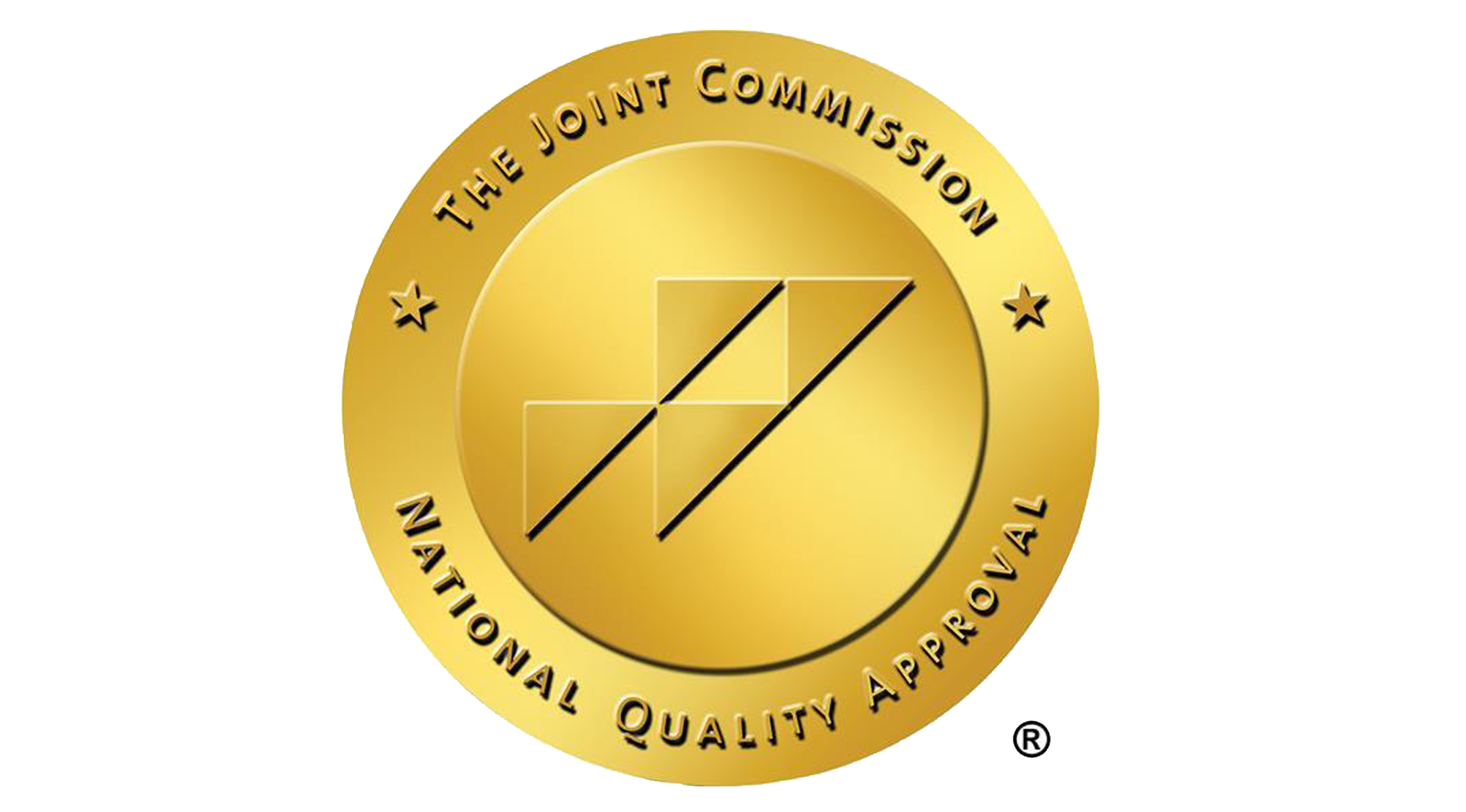Clinical
Our Services
BHIS
Substance Abuse Services
Substance Abuse Services
Woodward Academy offers our residents a holistic, multi-dimensional substance abuse treatment program to inform resident of the prevalence of the relationship that exists between substance abuse, delinquent behavior, and the consequences of substance abuse to support the development of improved decision-making skills. It includes a skills training component that emphasizes the following skills: communication, problem-solving, drug/drink refusal, pro-social activities, and anger management. We recognize the unique nature of each teen’s experience, and we are able to individualize our program to accommodate differences in critical issues like a teen’s developmental level, family strengths, culture, and co-existing disorders. Woodward Academy believes that in order for our resident to make progress in treatment, they must be engaged in the process to the place of self-ownership and accountability. Woodward’s peer-involved culture encourages such ownership. Each resident is supported and held responsible for their behaviors by their peers and staff.
Woodward Academy understands that integrated mental health and substance abuse services provide the best chance for a resident’s recovery. At Woodward Academy a multidisciplinary team identifies a separate treatment plan with services to be delivered for co-occurring disorders simultaneously to ensure that the resident receives all services necessary for his recovery. A multidisciplinary team of our case managers, clinical director, nurses, residential staff, and clinical staff assess, implement and measure treatment.
Woodward Academy provides the following:
- Activities for resident to address the substance abuse or addictive environments in the resident’s home, and strategies to break the cycle of addiction that typically exist.
- Activities for resident to increase knowledge of substance abuse and the potential physical and mental consequences that accompany addiction.
- Activities for resident to identify and build coping and resiliency skills to prevent substance abuse and learn to abstain when consistently faced with peer pressure.
- Activities that encourage and explore the availability of and benefit of alternatives to the recreational use of substance abuse.
- Urinalysis screenings to determine if a resident has used drugs or alcohol.
Substance Abuse Treatment Components
The Matrix Model
An evidence-based intensive outpatient treatment program for alcohol and drugs, also proven effective in the treatment of methamphetamine addiction. The Matrix Model is a comprehensive, multi-format program that covers six key clinical areas: individual/conjoint therapy; early recovery; relapse; prevention; family education; social support; and urine testing. The model incorporates cognitive behavioral therapy, motivational interviewing, psychoeducation, twelve-step programming, and group therapy. It has been validated as an evidence-based practice by Center for Substance Abuse Treatment (CSAT); National Institute on Drug Abuse (NIDA); Office of National Drug Control Policy and Department of Justice (National Synthetic Drugs Action Plan); Drug Strategies and is currently under review by the National Registry of Effective Programs and Practices (SAMHSA).

Woodward Academy
1251 334th St. Woodward, Iowa 50276
(515) 438-3481
515-438-3489
admissions.woodward@wwacademy.com

